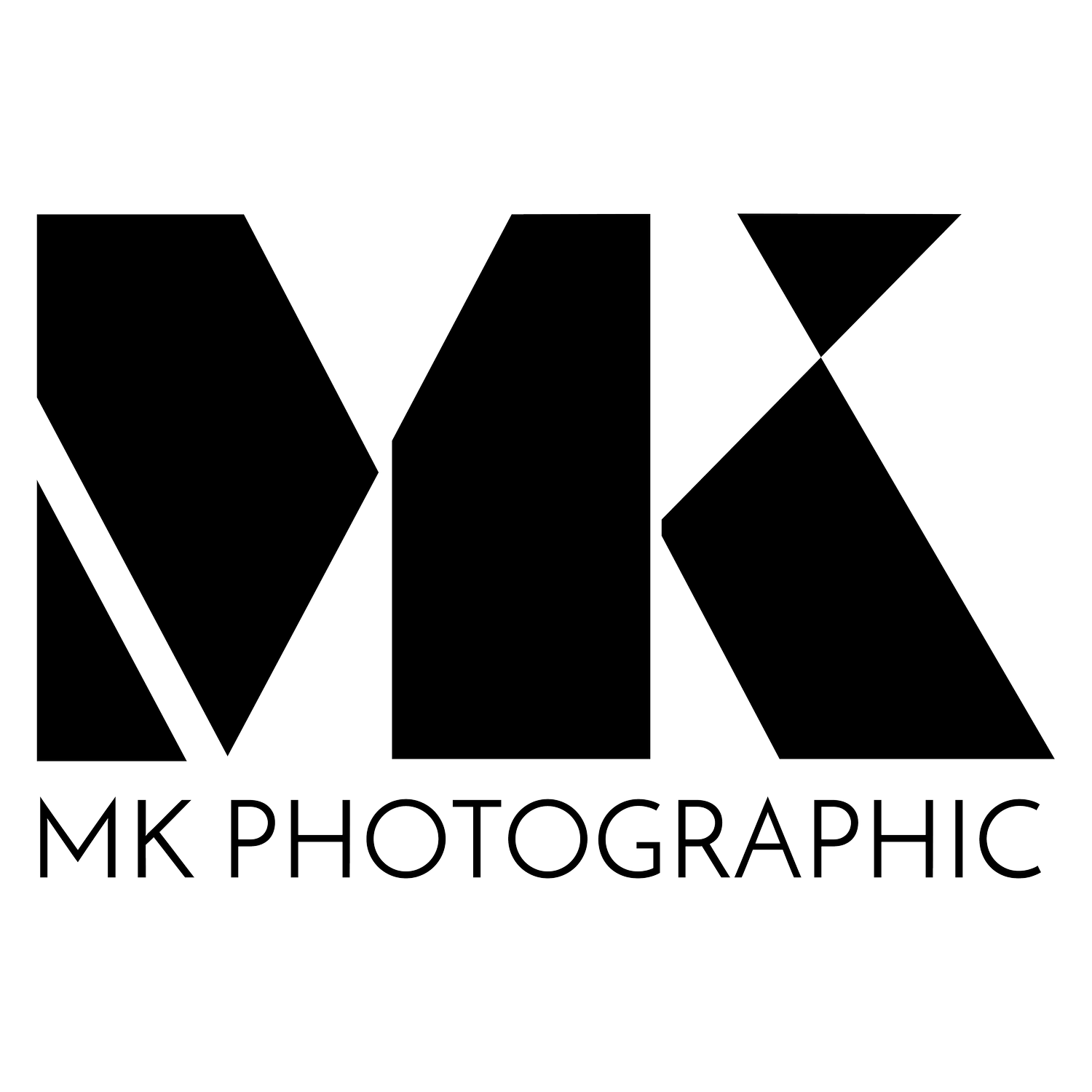The Evolution of Wedding Videography: From VHS to 4K
/Wedding videography has come a long way over the past few decades. From the grainy, bulky VHS tapes to the crystal-clear, high-definition 4K videos, the evolution of wedding videography reflects the advancements in technology and changing preferences of couples. Let’s take a journey through the history and evolution of wedding videography.
1. The VHS Era: 1980s-1990s
Analog Beginnings: In the 1980s and 1990s, wedding videography was synonymous with VHS tapes. Videographers used bulky camcorders that recorded onto VHS tapes, which were then played back on VCRs.
Grainy Quality: The footage was often grainy and low resolution by today’s standards, with limited editing capabilities.
Basic Editing: Editing was done manually, often involving physically cutting and splicing tapes. Titles and simple transitions were added using basic video equipment.
2. The Rise of Digital: Late 1990s-2000s
Digital Cameras: The late 1990s and early 2000s saw the rise of digital cameras, which recorded onto digital tapes (like MiniDV) or directly onto digital storage.
Improved Quality: Digital recording improved the quality of the footage, offering clearer images and better sound compared to VHS.
Non-linear Editing: The shift to digital also brought about non-linear editing (NLE) systems, allowing videographers to edit footage on computers. This made the editing process faster and more flexible, with the ability to add complex effects and transitions.
3. High Definition (HD): 2000s-2010s
HD Cameras: The mid-2000s introduced high-definition (HD) cameras, which significantly enhanced video quality with higher resolutions (720p and 1080p).
Better Color and Clarity: HD videography brought better color accuracy, clarity, and detail, making wedding videos more visually appealing.
Digital Delivery: The rise of DVDs replaced VHS tapes as the primary medium for delivering wedding videos, providing a more durable and higher-quality viewing experience.
4. Cinematic Style and DSLRs: Late 2000s-2010s
DSLR Cameras: The introduction of DSLR cameras revolutionized wedding videography. These cameras allowed videographers to achieve a cinematic look with shallow depth of field, making the footage look more film-like.
Creative Techniques: DSLRs enabled the use of interchangeable lenses and manual settings, giving videographers more creative control over their shots.
Storytelling Focus: This era saw a shift towards storytelling in wedding videos, with an emphasis on capturing the narrative and emotions of the day.
5. 4K and Beyond: 2010s-Present
4K Resolution: The advent of 4K cameras brought ultra-high-definition (UHD) video quality, offering four times the resolution of 1080p HD. This provides stunning detail and clarity, even on large screens.
Advanced Equipment: Modern videographers use a range of advanced equipment, including drones for aerial shots, gimbals for smooth movement, and high-quality microphones for clear audio.
Digital Distribution: Today, wedding videos are often delivered digitally, through online platforms, USB drives, or cloud storage, making them easily shareable and accessible.
6. Current Trends and Future Directions
Cinematic Storytelling: The focus on cinematic storytelling continues, with videographers creating narrative-driven videos that highlight the emotions and key moments of the wedding day.
Documentary Style: Documentary-style videography, capturing candid and unscripted moments, is also popular for its authenticity.
Innovative Technologies: Emerging technologies like 360-degree videos and virtual reality (VR) offer immersive experiences, allowing couples to relive their wedding day from different perspectives.
Social Media: Short-form videos tailored for social media platforms like Instagram and TikTok are becoming increasingly popular, enabling couples to share highlights of their day with a wider audience.
Conclusion
The evolution of wedding videography from VHS to 4K has been marked by significant technological advancements and changing creative trends. Today’s wedding videos are not only about documenting events but also about telling a beautiful and emotional story. As technology continues to evolve, the future of wedding videography promises even more exciting possibilities, ensuring that the memories of your special day are captured in the most stunning and meaningful way.
Feel free to reach out if you have any questions or need further assistance with your wedding videography needs!

